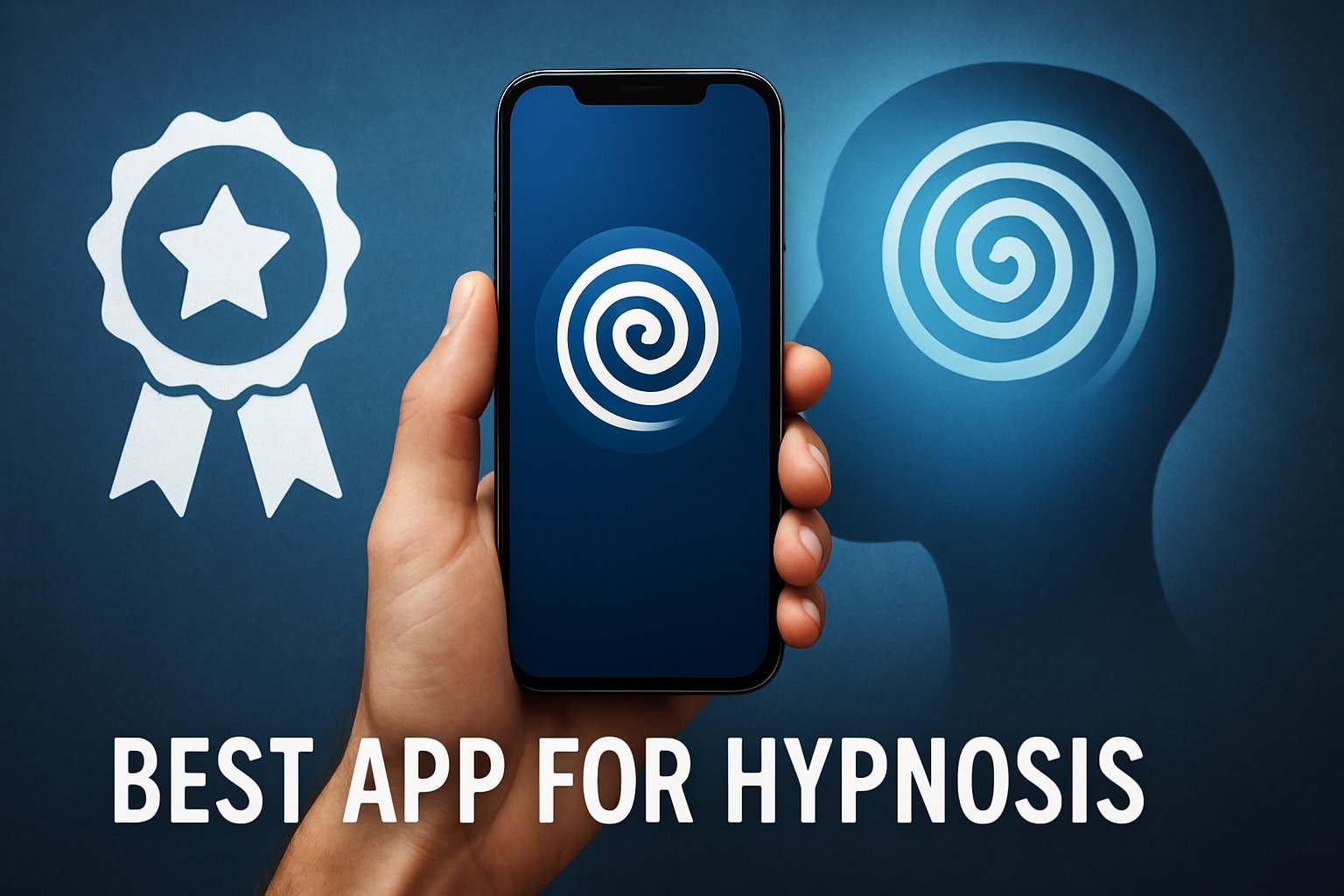Ever feel like an invisible wall separates you from others? Social anxiety can feel just like that – an unseen barrier keeping you from truly connecting. People relate it to shyness; but it's a real psychological challenge that many face, much more complex than simply being shy.
But what if you could break down that wall? In this post, we explore practical ways to overcome social anxiety, making you more confident and helping you forge stronger, more fulfilling relationships.
Recognizing social anxiety: more than just shyness
Social anxiety is more than just feeling shy or nervous. It's a persistent fear that can feel overwhelming in social situations. This fear often stems from a deep concern about being judged or embarrassed. It's not rare for someone with social anxiety to worry for days or weeks before an event. They might feel fine at home or in familiar environments but become anxious at the thought of being in a group or meeting new people.
Social anxiety is linked to our brain's 'fight or flight' response. It's a hardwired survival mechanism that, in the case of social anxiety, gets triggered in public settings. When this occurs, the body releases stress hormones such as adrenaline, resulting in symptoms like a rapid heartbeat, sweating, and a sense of panic.
It's not just 'all in your head' – there are real physiological changes happening in your body.
Social anxiety's impact on relationships
Social anxiety doesn't just affect how you feel inside; it can also impact your external world, particularly your relationships. It usually manifests by turning down invitations, avoiding eye contact, or staying silent in conversations.
Does this sound familiar to you? While these behaviors stem from an unconscious need to protect yourself in the short term, they can make friends think you are uninterested or distant, while in reality, you're just nervous in the face of social interaction.
Social anxiety makes having healthy relationships harder, because you unwillingly raise a wall between you and others. You might find it hard to express yourself or share your thoughts, feeling isolated even when you're with a group of people. Over time, these people might feel shut out or unable to connect with you deeply.
Strategies to overcome social anxiety
1. Gradual exposure
Start with low-pressure social interactions and gradually increase your social exposure.
- How it helps: allows for you to get used to social situations without feeling overwhelmed, building confidence step by step.
Aspects:
- Positive: slow, controlled pace.
- Negative: Can take a long time and requires patience.
- Difficulty: ⭐⭐
How hypnosis can help: hypnosis can help you gain confidence in yourself, working towards your goal of feeling at ease in social settings.
2. Mindfulness and relaxation
Include practices like deep breathing, meditation, and yoga, focusing on the present moment rather than that event you have to go to.
- How it helps: manages the physical symptoms of anxiety and promotes inner peace, making you feel calm in the face of social interaction.
Aspects:
- Positive: enhances body and mind awareness.
- Negative: it requires practice and determination before noticing any real benefits.
- Difficulty: ⭐
How hypnosis can help: hypnosis can strengthen your relaxation techniques, making mindfulness more effective and easier to achieve.
3. Cognitive-behavioral therapy (CBT)
Focus on identifying and reshaping negative thoughts and beliefs about social interactions.
- How it helps: changes your behavioral responses to social situations, helping to reduce anxiety and fear.
Aspects:
- Positive: teaches practical skills for specific problems.
- Negative: requires professional guidance, and needs ongoing commitment for significant results.
- Difficulty: ⭐⭐⭐
How hypnosis can help: complementing CBT with hypnosis can enhance the reprogramming of your thought patterns, making the therapy more impactful.
4. Social skills improvement
Participate in groups or classes to practice being around new people, interacting with them and improving social skills.
- How it helps: boosts your confidence in your own social abilities, providing real-life practice and feedback.
Aspects:
- Positive: practice makes perfect.
- Negative: can initially be intimidating.
- Difficulty: ⭐⭐
How hypnosis can help: hypnosis can build up your courage and confidence, making participation in these groups less scary.
5. Hypnosis for social anxiety
Hypnosis helps to rewire subconscious responses to emotional triggers. This can completely change how you handle social situations.
- How It helps: hypnosis puts you in a state of deep relaxation, which allows your subconscious to take over.
Aspects:
- Positive: targets the underlying reasons for anxiety, promoting deep and lasting change.
- Negative: no negative aspects, it’s all positives!
Difficulty: ⭐⭐

















